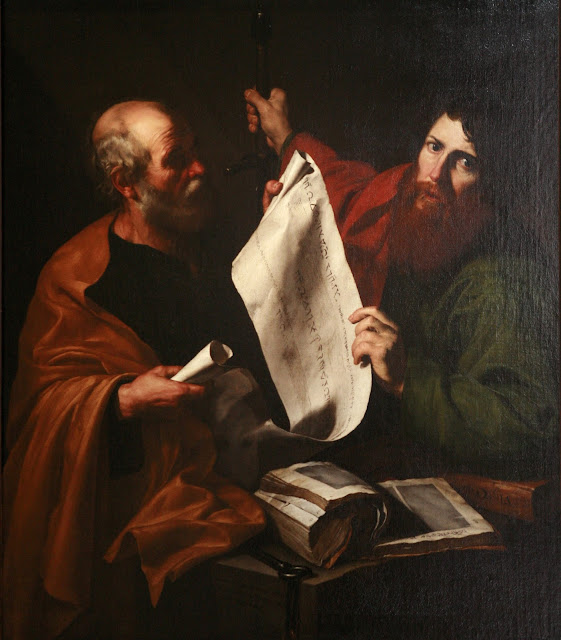In a recent post I argued that sentences carry single meanings and that meaning is determined by the intentions of the author. However, there is a further problem. Just because it is true that texts carry primary meanings intended by their authors, this does not entail that it is possible for a reader—especially a reader so removed chronologically, linguistically and culturally from the author—to understand the meaning of the text. In recent decades a “New Hermeneutic” has been proposed that assumes that any intended meaning is very difficult, if not impossible, to get at.[12] Given such a gulf between the author and reader, how could we possibly know what the author meant? To refute this claim we need to show that it is possible for interpreters to understand the primary meanings sentences. The trouble with the New Hermeneutic is that, on their view, there is no principled reason to suppose that there is any cultural distance between author and reader that would not preclude the possibility of successful communication. In other words, if it is not possible to understand biblical text then there can be no human communication at all. This is false since successful, though not perfect, human communication goes on all the time.
So, what does interpretation require? Interpretation of any text does’t happen by accident. It requires a certain set of conditions obtained by the interpreter, conditions such as working mental faculties, background knowledge and skills. Generally, human beings have such capacities. At the very least, the reader who understands the meaning of the text has the power of reason, understands the language being used, has some knowledge of the cultural context of the writer, and is motivated to discover the primary meaning of the sentence.
One might object and say that a reader who has none of these attributes may understand the text by accident. However, this is not the case. To see this, consider a person who understands the intended meaning of a text by reading it and using her capacities of interpretation. She begins a conversation with her friend who, by accident, is able to come to the same conclusion as she has without ever reading the text. It appears that the second reader could arrive at the meaning of the text without any faculties, background knowledge or skill. However, in this case the person does not know the meaning of the text. Why? Because, what the person knows is the intended meaning of the author.[13] Interpreting a text requires a set of conditions even if coming to the same conclusion a text gives us does not.[14]
Some might suggest that though it is possible to understand the meaning of a text we are not obliged to interpret the text that way. And, if there is no obligation to discover what the author intended, then we, as readers, are at liberty to discover many different meanings perhaps depending on our context, desire and level of creativity. On the contrary, if it is possible to understand the author’s intended meaning in the text, then it is wrong to interpret the text in any other way. To hold that there is no obligation to discover the author’s intended meaning in the text is to fall on one’s sword. For, either it is wrong to interpret the text in a way not intended by the author or it is not wrong to interpret the statement, “it is not wrong to interpret the text in another way,” as meaning “it is wrong to interpret the text in another way.” The latter is absurd. Therefore, it is wrong to interpret the text in a way not indented by the author.[15]



